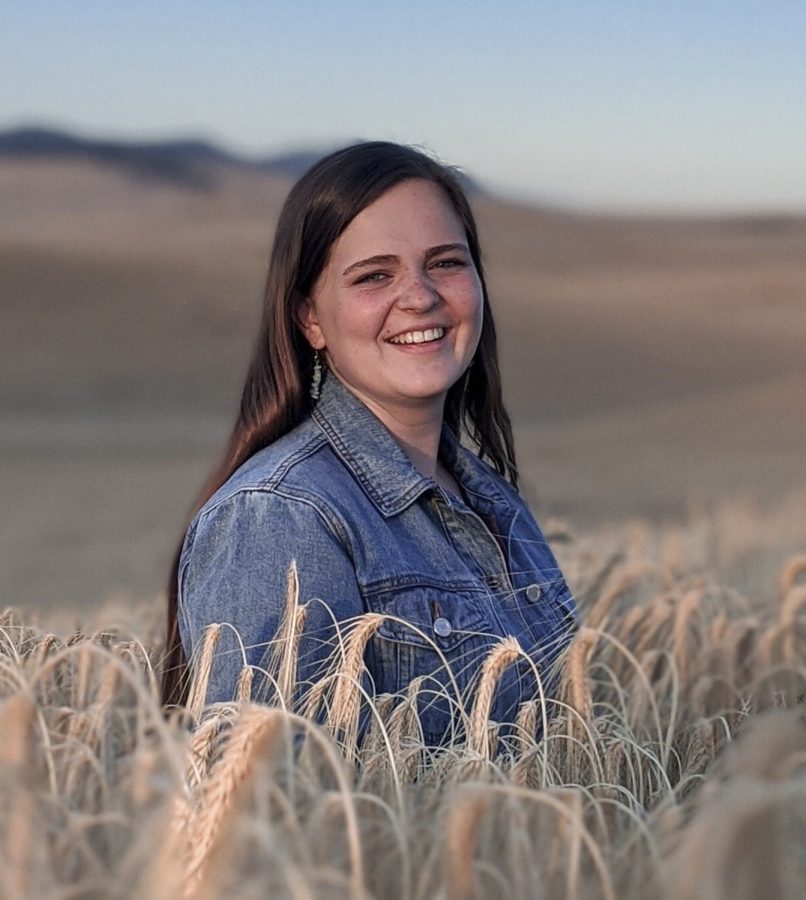Panel highlights stories, achievements of first-generation students
Faculty, staff encouraged to attend to understand needs, issues first-generation students face
Panel volunteer Alexandra Donnici said students and families unfamiliar with higher education can use the panel as a resource.
November 6, 2020
WSU is hosting a panel to bring awareness to First-Generation Celebration Day at 12:10 p.m. Nov. 9.
The event acknowledges the success of first-generation students and their academic journeys, said Angela Klimko, director of the WSU TRIO Student Support Services.
“They bring an enormous amount of diversity, lived experience and strength to this institution that they can share with others,” she said.
The panel will feature two first-generation students and WSU Provost Elizabeth Chilton, who was a first-generation student. They will answer a series of questions about their experiences, give advice and inform others about university resources for first-generation students, Klimko said.
The questions were written by the WSU First-Gen Forward Committee, she said. There will be a Q&A session with the audience at the end of the event.
The panel can be a resource for students and families who are not familiar with higher education, said Alexandra Donnici, junior criminal justice and criminology and sociology double major.
“You can Google things and hear from university officials all day long,” she said, “but hearing it from people who have lived that experience is something that is always more valuable.”
Donnici said she volunteered for the panel because she has seen how the success of first-generation students is impacted by university support.
Students, faculty and staff members from all WSU campuses are welcome to attend the event, Klimko said.
Faculty and staff members are encouraged to attend the panel so they can learn how to make first-generation students feel more welcome on campus, Donnici said.
“If you’re already feeling like you may not belong and faculty or staff do something that makes you feel a little bit more isolated, those things can add up over time,” she said.
















